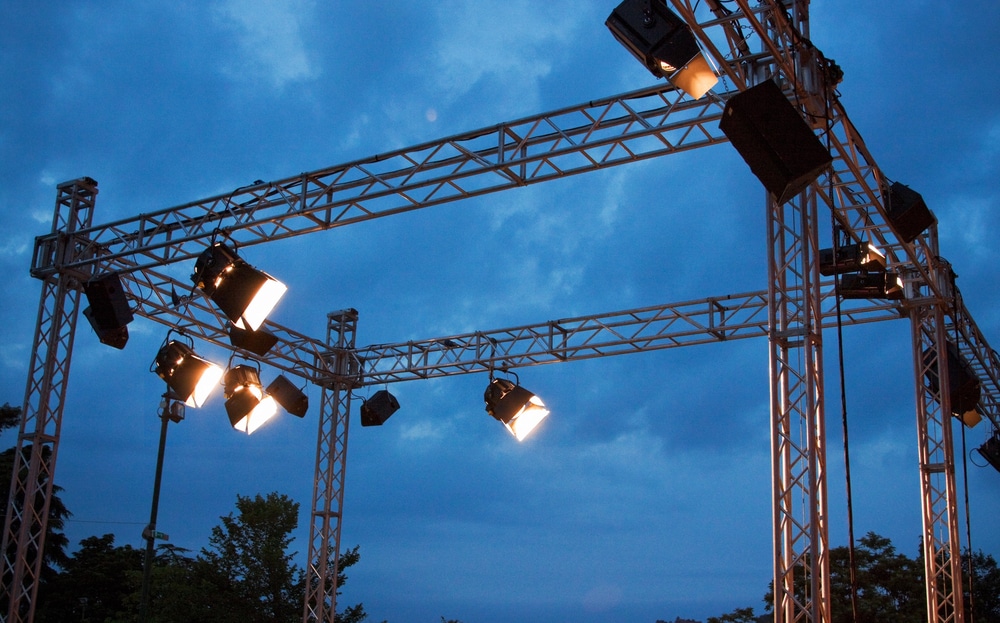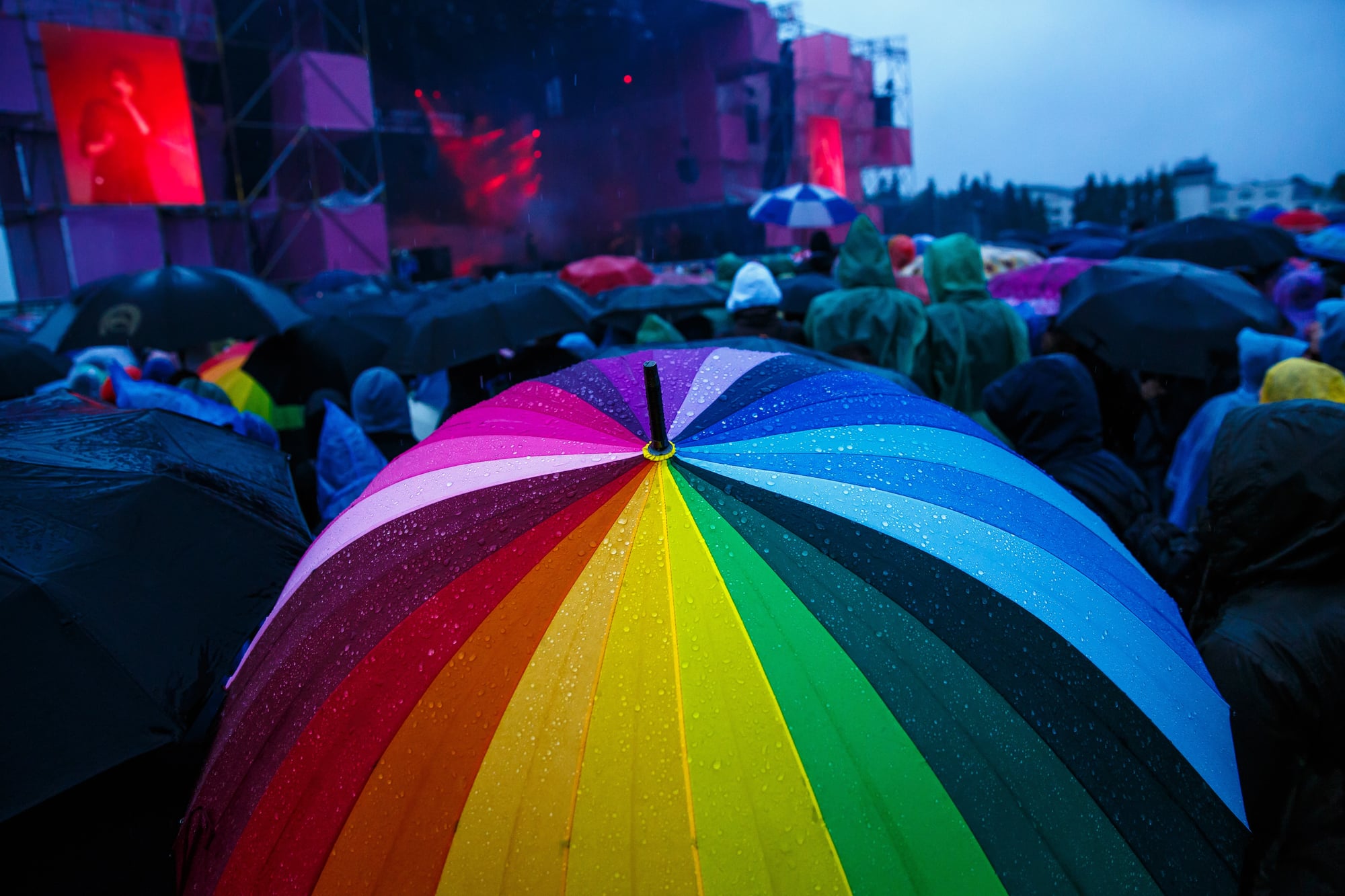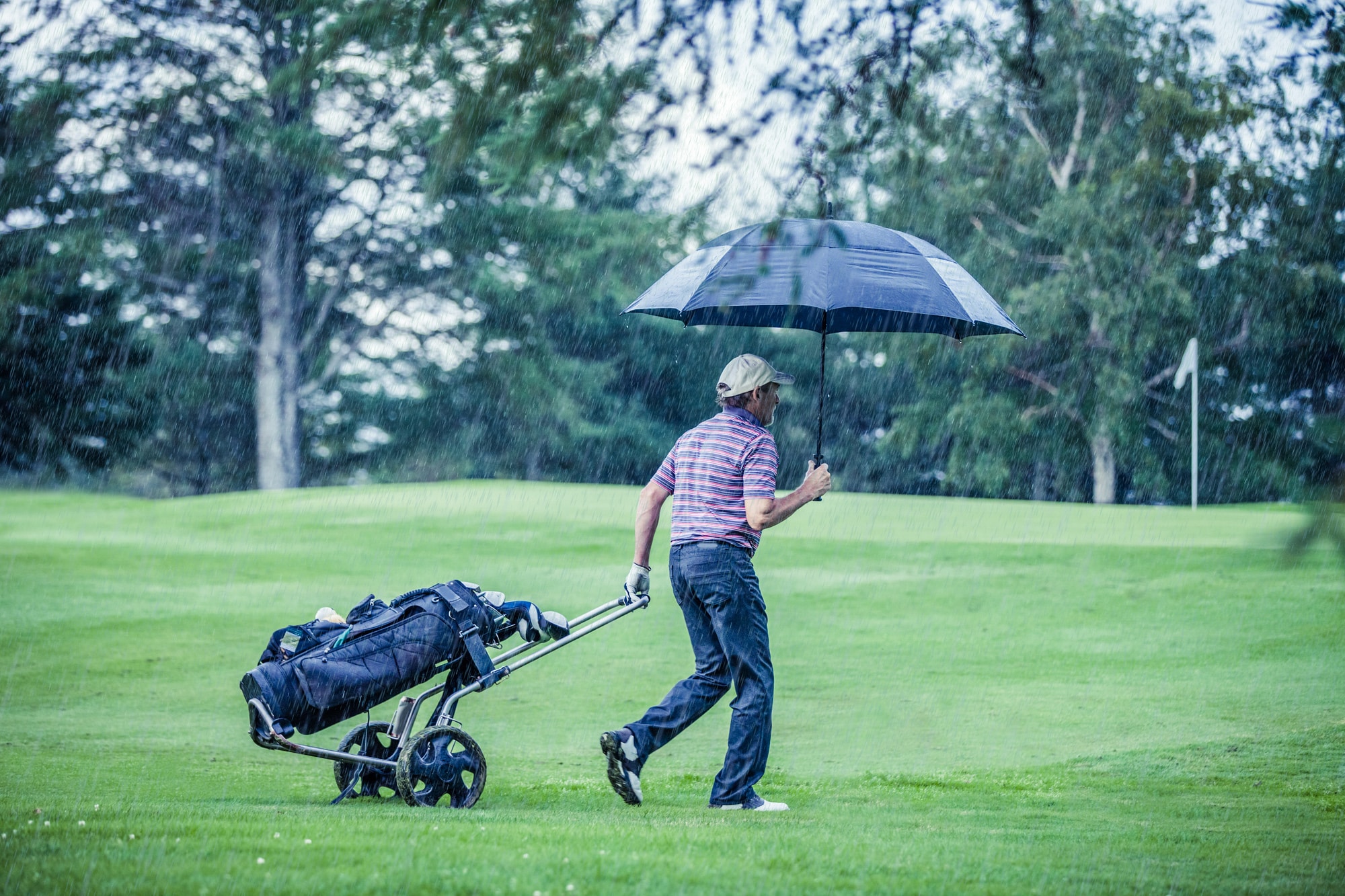Event planning requires juggling countless details, from vendor coordination to marketing campaigns. Yet when it comes to protecting outdoor events from weather risks, many experienced planners make critical mistakes that can result in thousands of dollars in losses. Understanding these common pitfalls can help you make smarter decisions about weather insurance coverage.
Weather-related event disruptions affect more outdoor gatherings than most planners realize. A sudden downpour can empty a festival, high winds can make vendor setups dangerous, and extreme temperatures can force last-minute cancellations. The financial impact extends beyond lost ticket sales to include vendor payments, marketing expenses, and damage to reputation.
 Waiting Too Long to Purchase Coverage
Waiting Too Long to Purchase Coverage
The biggest mistake event planners make is treating weather insurance as an afterthought. Many wait until just days before their event to explore coverage options, only to discover that most policies require purchase 7-15 days in advance.
Weather insurance providers need sufficient lead time to minimize adverse selection, which occurs when people only buy coverage when the forecast indicates poor weather or rain. If that were not the case, it would create two issues. Events would only purchase coverage if rainfall was expected, but insurers would only provide coverage if there was no forecast of unfavorable weather. To create a neutral outlook for both parties, carriers require a 7-10, or even 15-day advance purchase.
Smart planners secure rain insurance at least 30 days in advance of the event. This early action ensures the widest range of coverage options and the most competitive rates. Also, as an event date approaches, it is one item that has been checked off the to-do list.
Click Here to Learn More About Rain Insurance
Choosing Generic Rain Coverage Instead of Customized Weather Coverage

Effective weather protection requires customized coverage that matches your event’s unique risks and exposures. A music festival or county fair presents different challenges than a corporate picnic, an outdoor wedding, or a pickleball tournament. Your policy should reflect factors like your region’s weather patterns, event duration, attendee capacity, and revenue structure.
Customized policies can include cumulative rainfall triggers, dry hours coverage, wind speed thresholds, or temperature-based protection. Working with specialists helps ensure your coverage aligns with your unique risks rather than generic scenarios.
Click Here to Learn More About Rain and Weather Insurance Policies
Underestimating Total Financial Exposure
Event planners often focus solely on obvious costs, such as lost ticket revenue, when calculating coverage needs. This narrow view leaves significant financial gaps in protection.
Comprehensive weather-related losses include vendor deposits that can’t be recovered, marketing expenses already spent, staff costs for setup and breakdown, equipment rental fees, and potential legal obligations to sponsors or partners. For large events, these “hidden” costs can exceed direct ticket revenue losses.
Additionally, postponement costs often come as a surprise to planners. Moving an event to a later date typically involves additional venue fees, vendor rescheduling charges, and expanded marketing campaigns to re-engage attendees.
Ignoring Reputation and Future Event Risks
Seasoned planners understand that event cancellations affect more than immediate finances. A weather-disrupted event can damage relationships with sponsors, vendors, and attendees, potentially affecting future events and business opportunities.
Weather insurance helps maintain professional relationships by demonstrating preparedness and enabling quick rebooking or refunds. This protection preserves your reputation and keeps future opportunities intact.
How Spectrum Weather Insurance Solves These Problems
At Spectrum Weather Insurance, we’ve helped thousands of event planners avoid these costly mistakes through specialized expertise and customized coverage solutions.
Our team combines meteorological expertise with insurance knowledge to create policies tailored to your specific needs and budget. We work with you to identify all potential financial exposures, not just the obvious ones, ensuring comprehensive protection.
We recommend starting the conversation about weather insurance as early as possible in your planning process. This approach gives us time to design optimal coverage, seek quotes from our multiple carriers and providers, and gives you peace of mind to focus on creating exceptional events.
Our policies can include multiple trigger types, stepped coverage for varying weather severities, and protection against diverse weather risks, including those beyond rainfall. We also offer event cancellation/curtailment insurance for weather and non-weather risks, providing the most complete event protection available.
Need More Information? Click Here to Contact Us
Protect Your Next Event
Don’t let weather uncertainty keep you awake at night. Contact our team to discuss your upcoming outdoor event and learn how customized weather insurance can protect your investment, reputation, and peace of mind.
Every outdoor event deserves professional weather risk management. Let us help you avoid these common mistakes and focus on what you do best—creating memorable experiences for your attendees.


